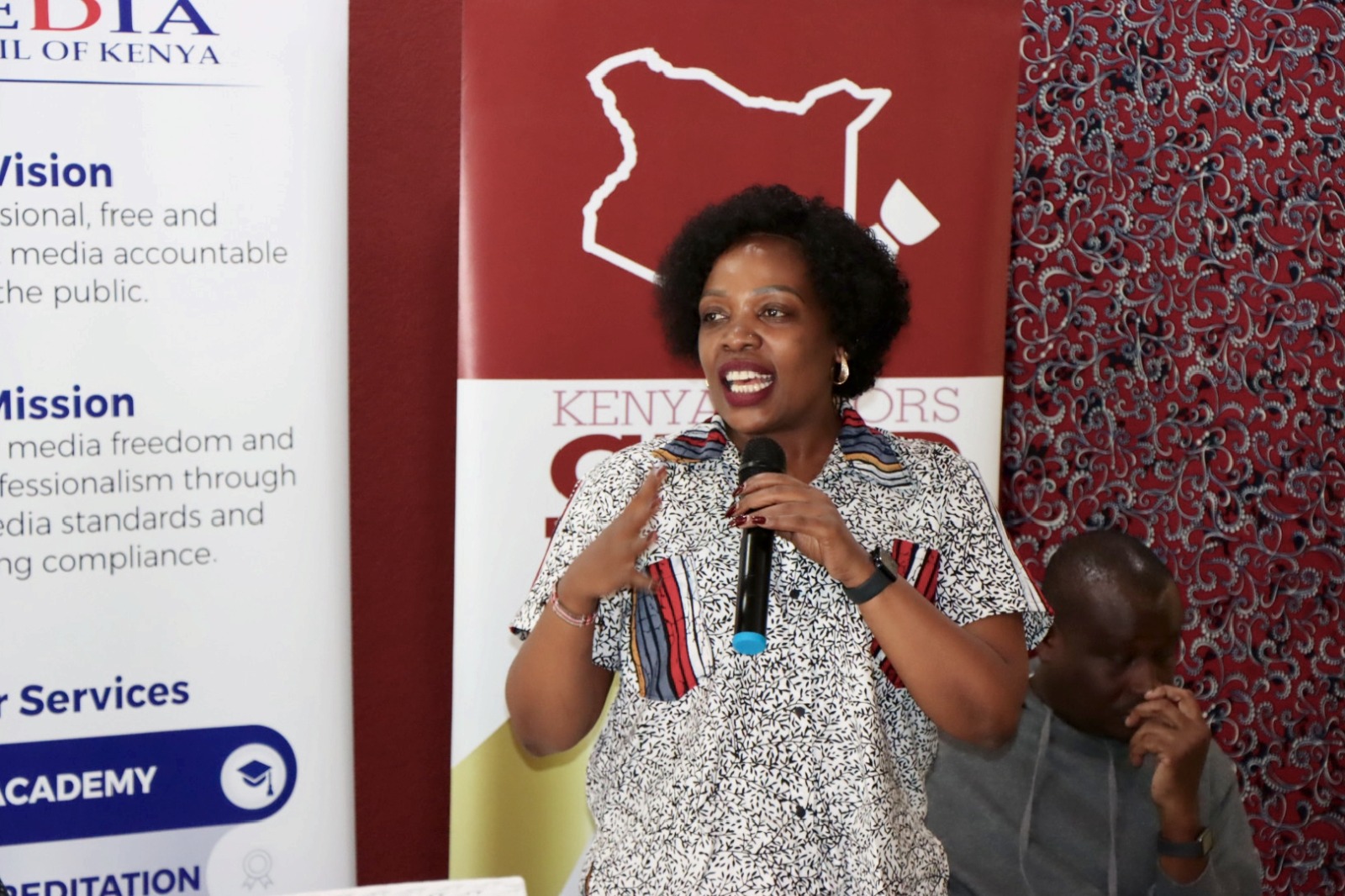
Media stakeholders in Kenya have called on the government to stop intimidating journalists and media houses and instead promote an environment of mutual respect, open dialogue, and press freedom.
Speaking at a forum organised by the Media Council of Kenya (MCK) in Nakuru, Kenya, the Editors’ Guild of Kenya (KEG) President, Zubeidah Kananu, said journalists need freedom to do their work without fear or pressure
from state actors.
“We don’t need threats, and we need our space to
conduct our work without coercion,” said Kananu, emphasising the role of a free
press in a democratic society. She urged the government to uphold
constitutional protections for journalists and cease issuing shutdown threats
to media houses.
The meeting brought together key media figures,
including Kenya Union of Journalists (KUJ) Secretary General Eric Oduor and
Association of Media Women in Kenya (AMWIK) Executive Director Queenter Mbori,
who advocated for updated policies and stronger partnerships to safeguard press
freedom and support the sector’s growth.
Oduor called on the Ministry of Information,
Communications, and the Digital Economy to urgently review the outdated
national media policy.
“We need sound policy, solid legal frameworks,
and respect for the rule of law to empower journalists and ensure media
contributes meaningfully to society,” he said.
Mbori stressed that the media should be seen
as a national asset rather than an adversary.
“If we have a partnership that serves both
government and the media, we will be able to transform society,” she said.
Digital Economy Cabinet Secretary William
Kabogo, who attended the forum, acknowledged the concerns raised and committed
to implementing the resolutions once submitted to his office.
“My office has been open, and whatever
resolutions you reach today, when they get to my desk, they will be done,” said
Kabogo. He also urged the media to uphold professionalism, especially when
reporting on sensitive issues like children’s rights during protests.
MCK CEO David Omwoyo reiterated the need for
regular engagement among media stakeholders to address sector-wide challenges.
“Unless we meet and agree on what we have,
there will be little understanding of the issues within the media industry,” he
said.
Omwoyo
noted that there had been minimal progress in media policy reforms in more than
a decade and echoed the need for urgent collaboration with the Ministry to
adapt to the evolving media landscape. He also urged media practitioners to
uphold the principles of accuracy, clarity, and fact-checking while adhering to
the revised 2025 Code of Conduct for Media Practice.












